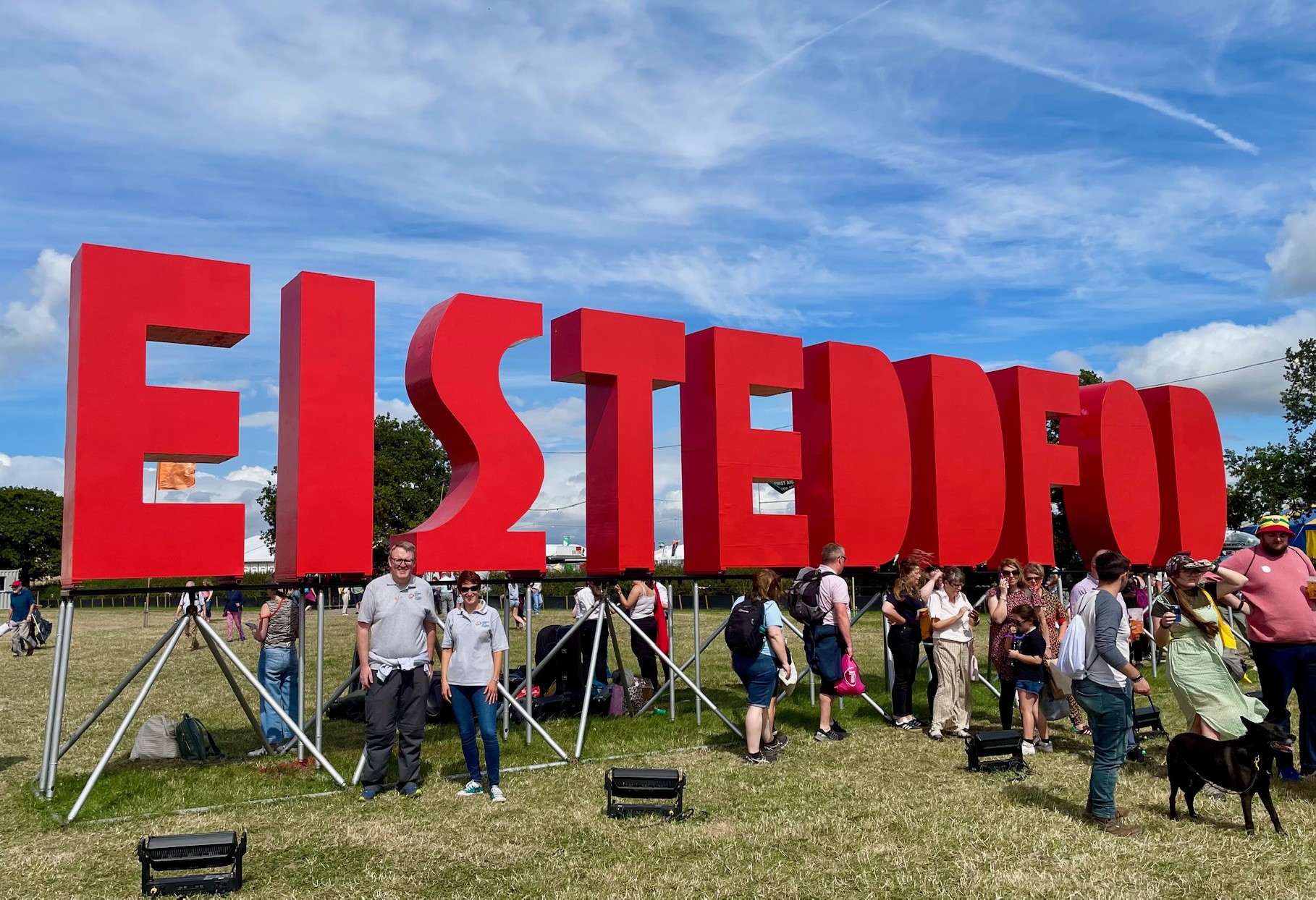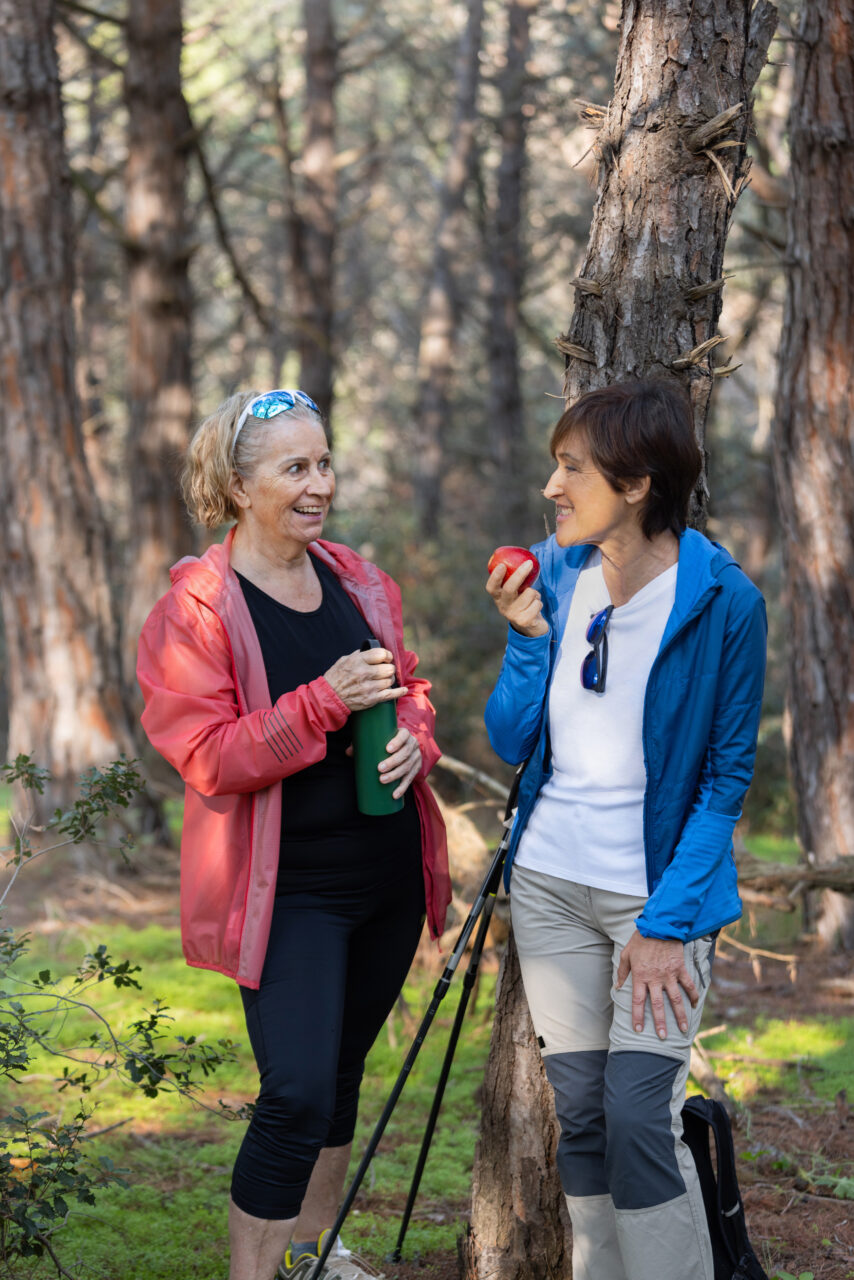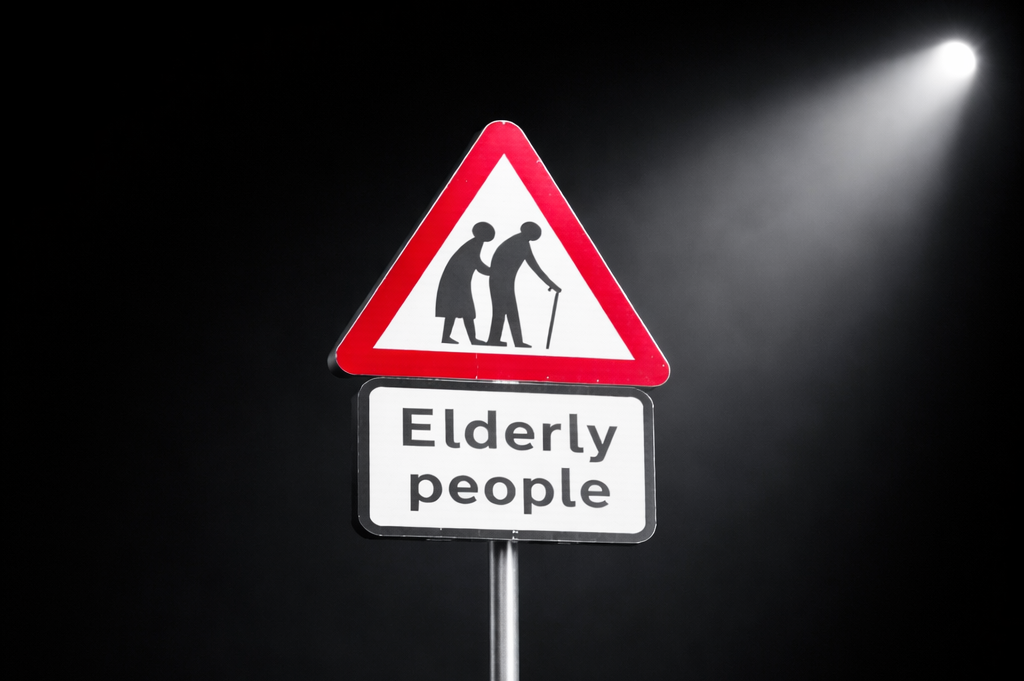Commissioner’s Blog: Celebrating Language, Culture, and Inclusion at the National Eisteddfod in Wrexham
The National Eisteddfod recently brought colour, music, and conversation to Wrexham – and I had the privilege of being part of it. Over two days, I joined events, met inspiring people, and had the opportunity to raise awareness of the rights of older people in Wales and the action I am taking to deliver positive change.
On Sunday, I was hosted by the Welsh Language Commissioner alongside members of my team. Together, we spoke with older people about their experiences of accessing services in Welsh – something that is not just a cultural preference, but a right. We discussed why it matters that older people can use the public services they need in their chosen language, without barriers or compromises.
Alongside these helpful conversations, I also had a chance to share information about my role as Commissioner – making sure older people know that their voices, rights, and experiences matter.
The Eisteddfod provides great opportunities to work with and learn from a range of organisations, which this year included joining a panel of other experts at the ‘Accessibility Matters – Better Public Services for Everyone’ event hosted by the Centre for Digital Public Services.
Contributing alongside the Welsh Language Commissioner, specialists from Bangor University and other key digital inclusion advocates, I emphasised that digital accessibility is not just a technical issue – it’s about people.
With nearly one in five people in Wales aged over 65, and 29% of over 75s still without internet access at home, the shift to digital-first services risks leaving many behind. Public services must be designed so that everyone – regardless of age, ability, or confidence with technology – can use them with dignity and ease.
Improving accessibility delivers clear benefits for individuals: promoting independence and reducing exclusion but also benefits to public services by increasing efficiency. It’s about building an inclusive Wales where no one is locked out of the services they need.
During my time on the Maes, I also spent time with the North Wales Regional Partnership team who had a focus on the rights of unpaid carers. Their work is a reminder of the enormous contribution carers make, and the importance of ensuring they have the recognition, support, and services they need. I was also particularly interested to learn more from the team about the North Wales dementia pathway – a holistic approach providing support for people living with dementia and their families. This kind of good practice makes a positive difference to people’s lives and it’s crucial we see more initiatives like this to ensure older people get the support they need.
Across both days, I met with a range of organisations rooted in our communities, including the Women’s Institute (WI) and Merched y Wawr. These groups provide invaluable friendship, collective campaigning, and a voice for their members on issues like scams, access to dentistry, and the prevention of violence against women. They also demonstrate the invaluable role older people play as volunteers, community leaders, and activists.
It was a particular joy to speak with local members and groups who had worked so hard to celebrate the Eisteddfod coming to their home county. Their efforts – including projects with local schools – celebrated the area’s history and culture; showcasing Wrexham at its very best.
The sun shone on Wrexham, but what truly stood out was the warmth of the conversations, the depth of pride in our Country, and the shared commitment to making Wales a place where older people’s rights and voices are heard and acted upon.
Busy days, yes – but so important for visibility, connection, and ensuring that the work of the Commissioner reaches communities right across Wales.




